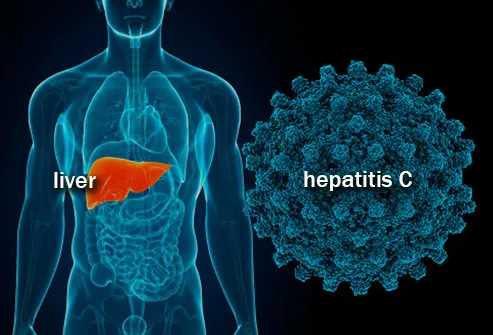A seemingly timeless tradition in my family has always been looking for the perfect perfume. You want something unique, yet tasteful. Delicate, yet significant. My mom throughout all my life always wore delightful smelling floral perfumes, whilst I always leaned towards more soft, vanilla scents. I can remember in middle school constantly going to Bath & Body Works with my friends and smelling every single scent they had on the shelves. By the time we left the store we reeked, but we left with a scent that we thought was absolutely perfect. The concept of perfume has always been trivial to me. I mean I am a frequent user myself, but one question has always been on my mind about perfume; what effect does the perfume you wear have on the people around you?

Source : http://www.ukrainegiftdelivery.com/v/vspfiles/assets/images/perfumes%201.jpg
In a study done by International Flavors & Fragrances Inc., they developed a technique to test subjects on the different moods that they encounter when smelling several differing pleasing fragrances. They call the technique “mood mapping”. Through the experimental study, randomized groups of people are exposed to different smells. They then are given a chart where they map where exactly this scent ranks on its pleasantness. The moods included on the map range from lustiness to comfortability.
The null hypothesis in this particular experiment would be that scent has no effect on a person’s mood.
After the test was performed, it was found that all of the scents tested by the company provoked some sort of variation of a pleasant mood in the subjects. The company went on to utilize this information to test whether the scents that were considered the most relaxing could be used in stress relief. After collecting further data on which fragrances were considered the most calm, they developed a scent (Myorelax®) that they found to be the most useful in stress alleviation. This scent is supposedly helpful in muscle relaxant when in a stressful environment. The research done by the company embarking to try and help the stress epidemic in our society is of major importance. Stress can be seen as the route of many differing disorders in the modern day world, one including depression which affects over three hundred million people globally.

Source : http://www.alpinessences.com/pics/200946161235gEu.jpg
The study’s conclusion made it almost impossible to accept the null hypothesis since all participants in the study ranked the scents on some level of pleasantness through the “mood mapping”. The study ultimately accepted the original alternative hypothesis that scents indeed do have an impact on one’s mood.
The work done by International Flavors & Fragrances Inc. proved the impact that one’s scent can have on the people around them. The research done by the company reaffirms the idea that our senses are crucial to our interpretations of our environments and surroundings. This could be useful not only in the medical field but also in the commercial world where businesses could possibly target our senses in the future. So next time you a pick fragrance, make sure to concentrate on your reaction to it, because it could actually impact those around you!
















